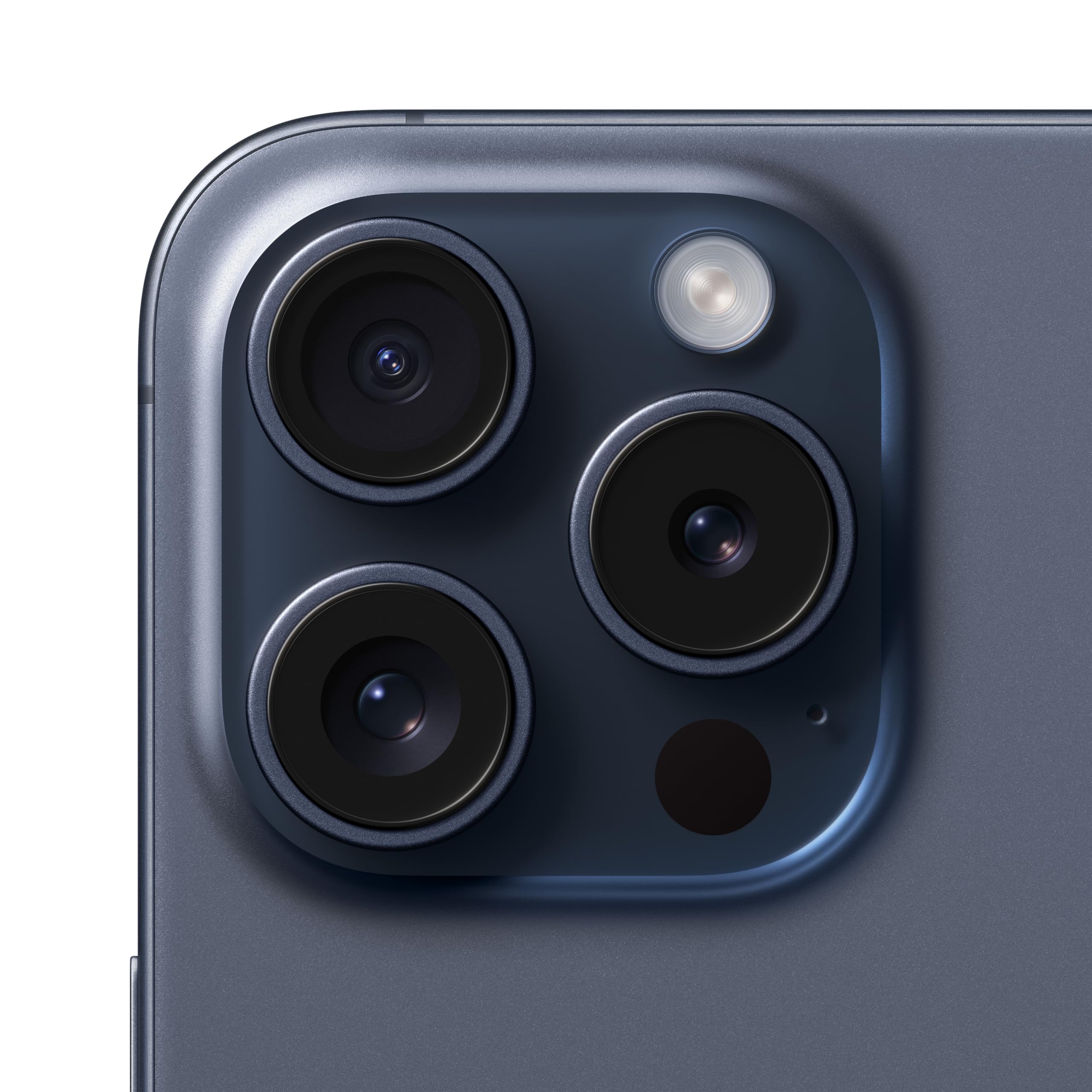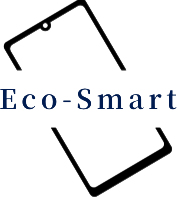
Hat : Up to 30% cheaper, the same quality as new: why are 2 out of 3 French people attracted by refurbished smartphones?
Imagine this scene, now commonplace on the streets of Paris in 2025: a young executive receives a long-awaited parcel. What's inside? Not the latest brand new iPhone 16, but a iPhone 15 Pro Max officially reconditioned. With a satisfied smile on her lips, she unlocks the flawless screen. Welcome to the new era of the smartphone in France!
1. The Explosion of the Market: Reconditioned Products Make Their Mark
At a time when the global market for new smartphones is marking time, Refurbished goods are growing by leaps and bounds in France. The figures speak for themselves:
- 22% of smartphones sold in France are now second-hand or refurbished, compared with just 7% in 2018 (Source: Fédération Française des Télécoms).
- Nearly 2 out of 3 French people (66%) say they would be prepared to buy a reconditioned product (Kantar study for Recommerce, 2024).
The main driver? The economic argument is inescapable :
- Average price of a new smartphone : 450€
- Average price of a refurbished smartphone : 319€
- Average savings: nearly 30%!
With inflation and purchasing power under pressure, the choice of refurbished products is a sensible consumer choice. Smartphones have even become "the appliance that the French least want to replace with a new one".in front of the television and the tablet.
2. Ecological Awakening: Consumption Begins Its Circular Revolution
This trend goes far beyond price. It is rooted in a deep collective ecological awareness in France.
Studies confirm it: the environmental impact and ethics of a product have become major purchasing criteria for French consumers.
The government is actively supporting this transition. In October 2020, the Minister for Ecological Transition led the "Digital and the Environment" conference, which explicitly included support for the reconditioned sector as part of the France Recovery Plan and Anti-Waste for a Circular Economy Act (AGEC). A strong political support which provides a framework and legitimacy for the sector.
The example of Apple speaks for itself: at the beginning of 2025, the American giant launched Apple officially refurbishes its iPhone 15 Pro in France, Germany and two other European countries. These devices, equipped with a a new battery and a new casebenefit from the same one-year Apple warranty than new build, and are even eligible forAppleCare+. It's an approach that meets the demand for top-of-the-range models while respecting our ecological commitment: maximising the lifespan of appliances and reducing WEEE (Waste Electrical and Electronic Equipment).
3. Quality & Trust: Transparency as a Guarantee
Gone are the days of opaque and dubious refurbished products! Consumer confidence is now built on solid regulations and demanding standards :
- Climate and Resilience Act and AGEC Act Sales staff must repair or replace free of charge a reconditioned product that breaks down within the 6 months following purchase (reinforced legal guarantee).
- Compulsory Technical Inspection Certificate Every reconditioned appliance sold must be accompanied by a detailed certificate, accessible via QR code. This document must mention :
- IMEI/SN
- Battery status (% capacity)
- Blacklist check (not stolen/not blocked)
- List of parts changed
- Past functional tests
Platforms such as Rakuten France (via Rakuten Reconditioned) or Back Market have taken quality a step further with very precise status grids :
- Like new (A) No signs of use, new accessories
- Very good condition (B) Invisible micro-scratches at 30 cm
- Good condition (C) Light scratches visible at less than 20 cm
- Correct condition (D) Visible scratches but perfect functionality
- (Universal criterion: Battery with minimum 80% of its original capacity, 100% of functional tests)
This radical transparency is the key to reassuring buyers.
4. The Giants Take Action: The Apple Strategy
Apple's arrival on the official refurbished market in France is a strong signal. At the beginning of 2025, Apple's refurbished iPhone 15 Pro Max appeared on the French website at a price of 1159 for the 256 GB (compared with ~€1450 new at launch, i.e. approximately 20% reduction).
This strategy is carefully calculated:
- After the launch of the iPhone 16 in September 2024, Apple will withdraws the'iPhone 15 Pro of new sales on its website.
- A few months later, he is reintroducing these premium models via its official refurbished channel.
Benefits :
- Avoids 'cannibalism' and direct price/outgrade comparisons between old and new models.
- Attract customers who want a top-of-the-range iPhone Pro on a budget.
- Controls the quality and brand image of Apple refurbished products.
- Reinforces its commitment to the environment (Apple Carbon Neutral).
These devices are unlockedwith new battery and casingand USB-C cable included. The combo Apple warranty + attractive price hits the French target perfectly.
5. Challenges and Turbulence: The Shadow Zones of Growth
Despite the boom, the sector is not immune to difficulties. The case of Remade in March 2025 was an electroshock:
- This historic French refurbisher, founded in 2014, has positioned itself in compulsory liquidation.
- In protest against the non-payment of their compensation and in the face of a takeover offer deemed insufficient (safeguarding around 100 jobs out of 330), the employees have destroys nearly 3,000 iPhones over 3 days.
- Symbol of fragility of certain playersThis is particularly true in the face of fierce competition and logistical/cash-flow requirements. Remade still employed 500 people before its collapse, after peaking at 680.
This dramatic episode is a reminder that demand alone is not enough: a solid, sustainable business model is crucial for the long-term future of reconditioning companies.
6. The Future is Circular: Perspectives and Trends
The reconditioned market in France remains buoyant very positive :
- France and Europe remain the world's largest market of refurbished smartphones (Deloitte).
- The younger generations (Gen Z & Millennials) are the most engaged in this responsible consumption, showing a "much higher than average" interest in reconditioned and eco-friendly products.
- The phenomenon extends beyond the smartphone Tablets, laptops, household appliances... everything can be reconditioned!
- Le the global refurbished market is estimated at over 50 billion euros22 billion for smartphones alone.
This trend is in line with France's legislative arsenal :
- La DGCCRF strengthens controls and requires compulsory presentation of the technical certificate in-store (QR code display).
- La traceability and consumer information are at the heart of the new regulations (AGEC Act).
These strict regulatory frameworks are essential "stabilisers". to professionalise the sector and ensure its healthy growth.
Conclusion:
The success story of the refurbished smartphone in France is far from over. Buoyed by consumers who are increasingly aware of the importance of ecology and saving moneyand in particular the Gen ZThis trend is redefining the notion of responsible technological consumption.
Initiatives such as the "Rakuten France's Vision R programmewhich rewards purchasers of refurbished products, is further accelerating adoption.
As expert Matthieu Hiller points out: the global refurbished market now exceeds 50 billion eurossmartphones in the lead with 22 billion.
Every phone refurbished and put back into circulation means less toxic electronic waste (WEEE) and democratised access to high-quality technology. By choosing refurbished products, the French are making a smart, trendy and forward-looking choice. One smartphone at a time, they are proving that the ultimate luxury is a preserved planet.
#SmartphoneReconditioned #ConsumerResponsible #Ecology #EcircularEconomy #TechSustainable #France #GoodPlan #Reconditioned #LoiAGEC #AntiGaspi

